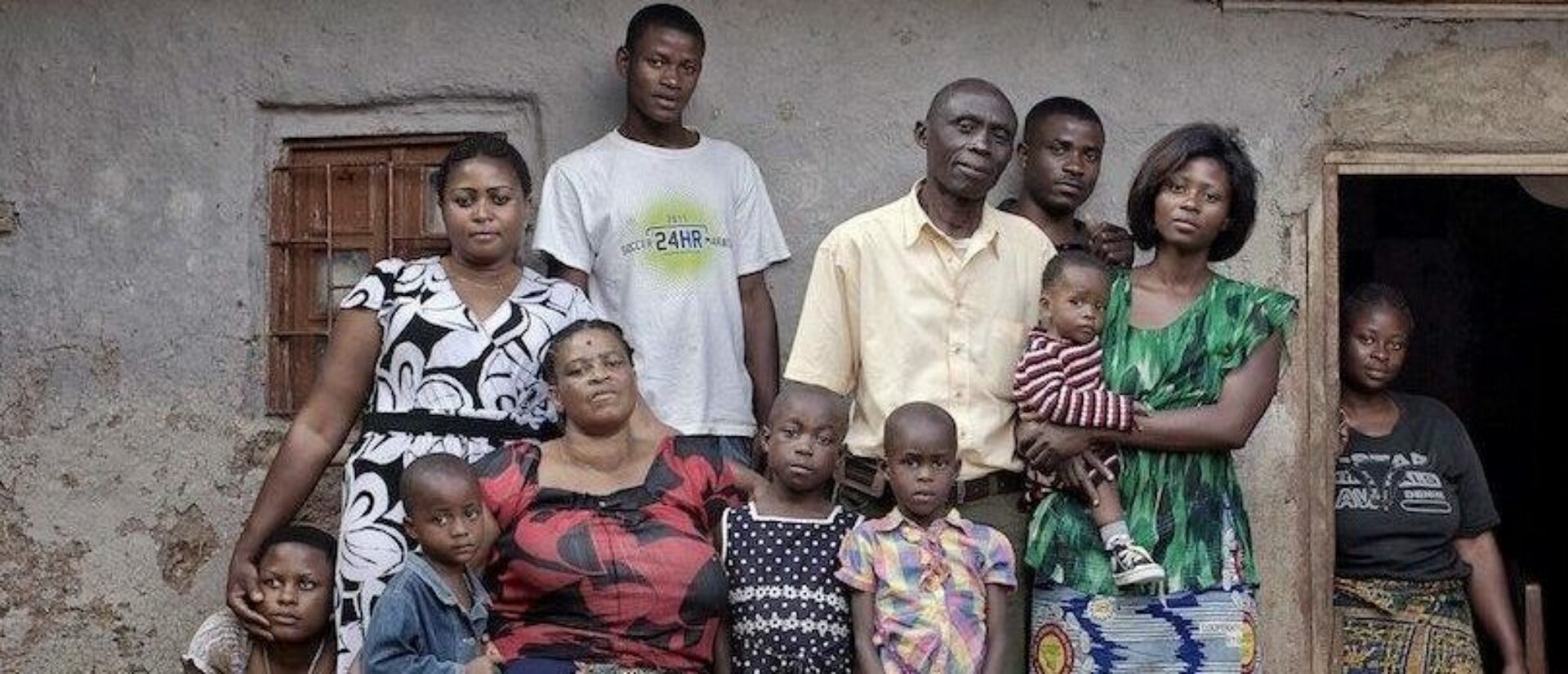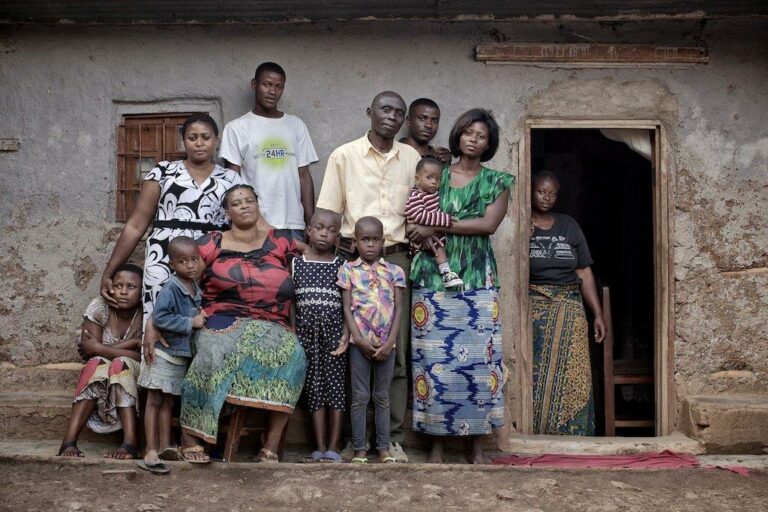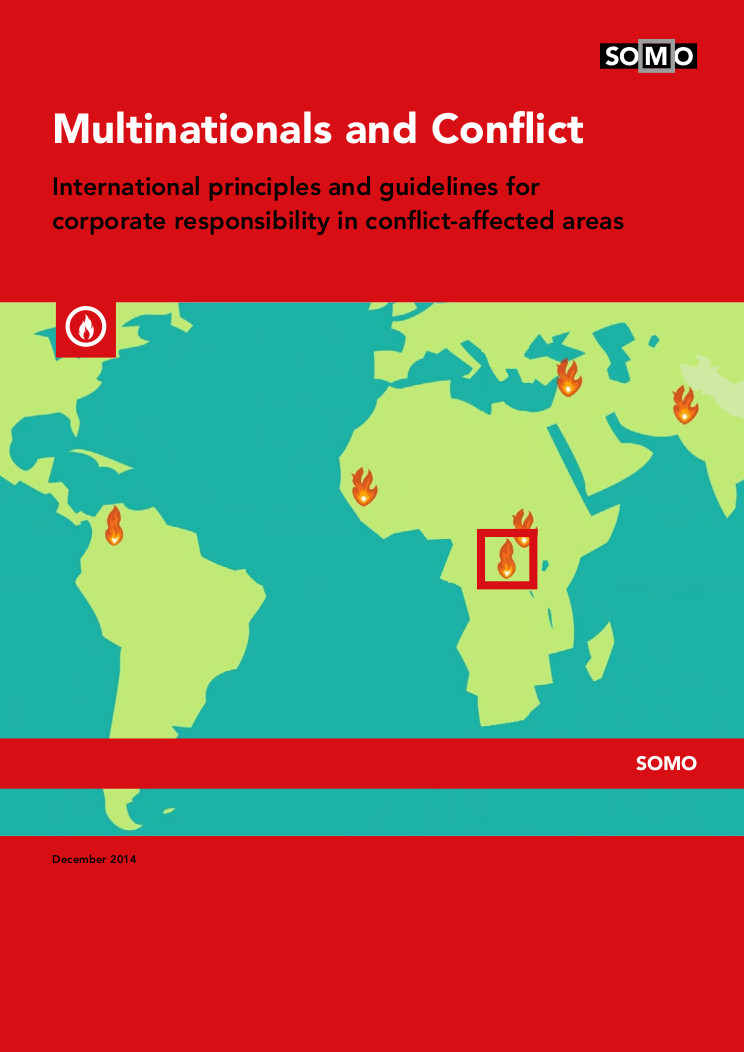
Reality Check
Conflicts and multinationals both have specific impacts on various kinds of people on the ground. Men, women, boys and girls are all affected in different ways – each with their own distinct vulnerabilities, needs and capacities. A new paper by International Alert and SOMO suggests various lines of inquiry for civil society researchers to assess the activities of multinational corporations (MNCs) through a ‘gender lens’.
Depending on ethnicity, religion, gender, class, sexual orientation, marital status, location (urban or rural) and ability, women and men can be privileged in some ways and disadvantaged in others. This privilege defines which voices are heard and which are silenced; who exercises power and who does not. The report provides numerous research questions that might be useful to incorporate in future research on the impacts of multinational corporations, including fact-finding missions, in order to analyze the different perspectives and reach a nuanced understanding of complex local realities.
In conflict affected areas, private sector engagement is promoted by the development agendas of governments and international institutions alike. Economic development is considered an essential element for achieving human well-being, and businesses can stimulate employment, infrastructure, technology, education, knowledge transfer and, ultimately, stability and peace. It is important for civil society organisations engaged in the research and monitoring of the impact of multinational companies in conflict-affected areas, to also consider the gender dimensions. Women, who are already at a disadvantage in terms of legal access to land or decision-making opportunities, tend to be relatively more adversely affected by the negative consequences of increased care duties, domestic chores, and reduced yields from traditional, subsistence livelihoods. In some locations, they also face culturally gendered barriers to their participation in public consultations and community decision-making forums. Men, on the other hand, are more likely to benefit in terms of employment opportunities and compensation payments as the registered land owners, traditional decision makers and heads of households. However, they do face their own vulnerabilities related to the gendered expectations of them as providers and protectors.
Despite increasing attention, the area of overlap between gender, conflict and multinationals requires more consistent attention – particularly in ensuring that increased insights into the importance of these links translates into practical and concrete changes on the ground. This means that the posing of gender-related questions during a fact-finding mission, for example, is very important. This includes practical questions, such as who gets a seat at the table during public consultations, but also more analytical questions, such as how potential tensions or discontent over MNC operations exacerbate pre-existing conflict dynamics, ethnic divisions and gender inequalities. These research questions aim to show the power dynamics at play to achieve a more detailed understanding of MNCs’ impact through a ‘gender lens’.
Do you need more information?
-

Ilona Hartlief
Researcher
Partners
Related content
-
Reality Check Published on:
 Ilona HartliefPosted in category:Publication
Ilona HartliefPosted in category:Publication Ilona Hartlief
Ilona Hartlief
-
Gender aspects in the Latin American garment industry Published on:
 Martje TheuwsPosted in category:Publication
Martje TheuwsPosted in category:Publication Martje Theuws
Martje Theuws
-
A. SeibertPosted in category:PublicationA. Seibert
-
Globalisering en gender: privatisering en liberalisering van handel in diensten onder GATS Published on:
 Myriam Vander StichelePosted in category:Publication
Myriam Vander StichelePosted in category:Publication Myriam Vander Stichele
Myriam Vander Stichele -
Conflict Due Diligence by European Companies Published on:
 Gisela ten KatePosted in category:Publication
Gisela ten KatePosted in category:Publication Gisela ten Kate
Gisela ten Kate
-
Multinationals and Conflict Published on:Mark van DorpPosted in category:PublicationMark van Dorp


